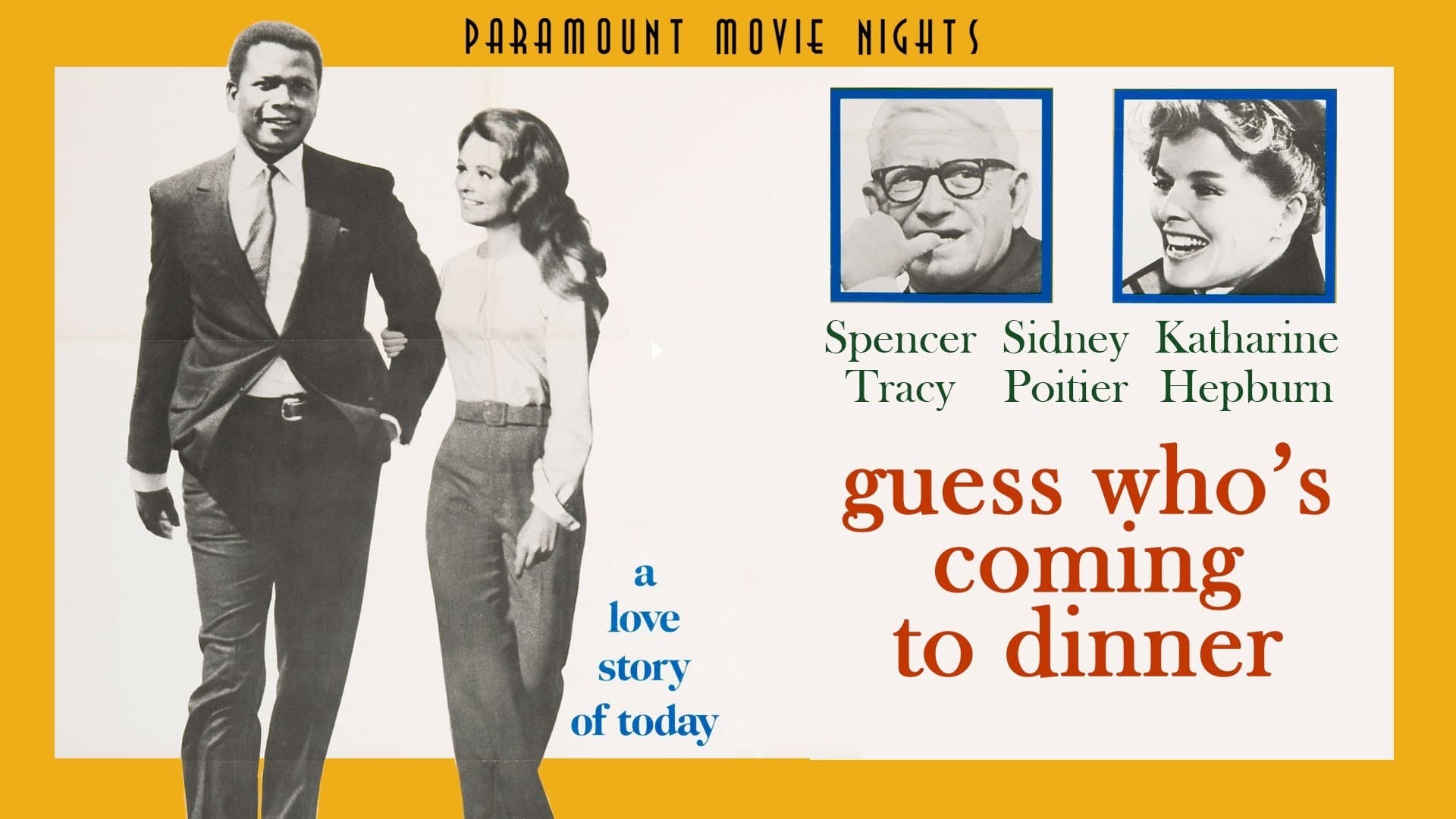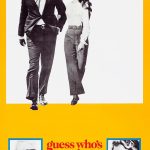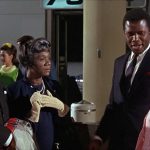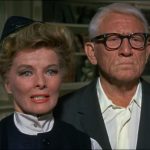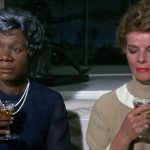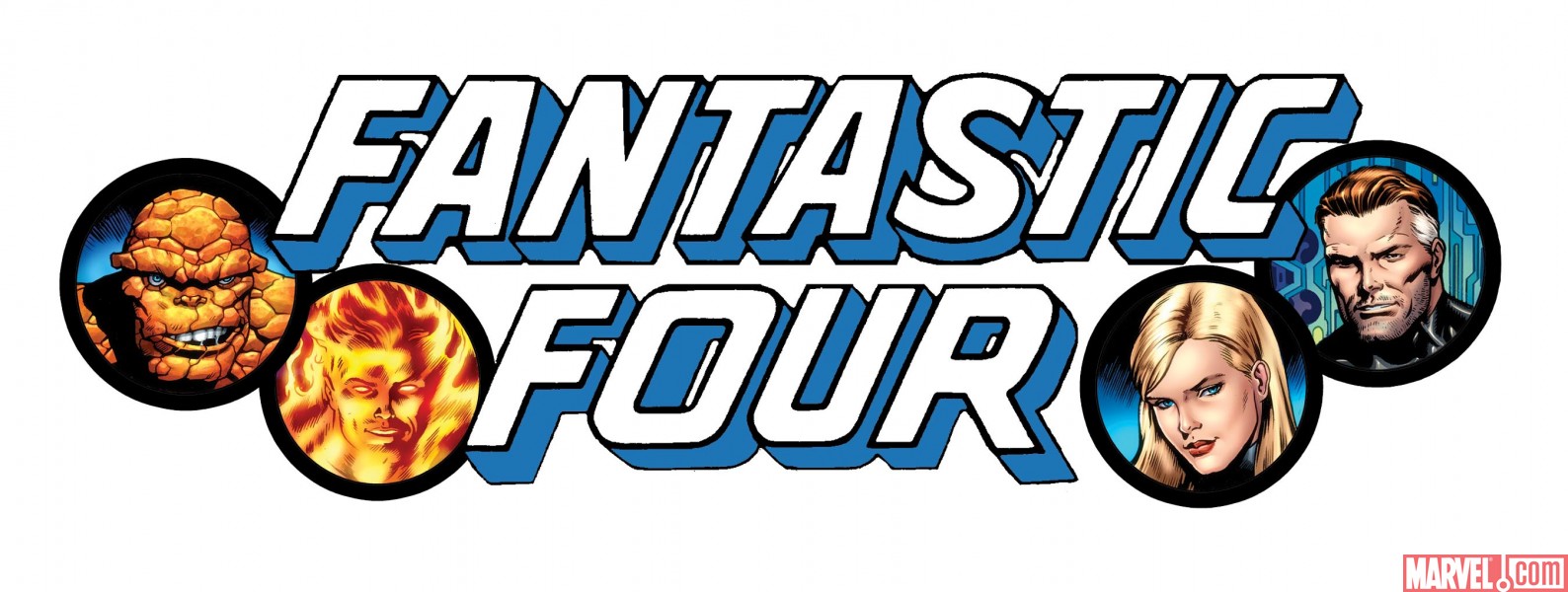Overview
A couple's attitudes are challenged when their daughter brings home a fiancé who is black.
Given that the remake in recent years with Ashton Kutcher and Bernie Mac pretty much tried to edge toward farcical humour, my expectations of this revered comedy were a bit tainted. Howeer what i found was not a comedy as such, but a charmingly engaging drama with a great deal of heart.
It’s a film that was significant on release due to the race issues prevalent in society at the time – 17 states still had it illegal for interracial relationships to exist whilst the film was in production, and interracial couples had a tough time. However, even today the film can be quite relevant – the fact that the father (played by Spencer Tracy in his final role) prides himself on his liberal attitudes and the fact he raised his daughter to be accepting of all – yet still struggles to come to terms with her loving a black man – asks us, the audience, to really shine a light on ourselves and question if we are as unprejudiced as we really feel we are. It’s a smart play, and the deliberate choice to have Poitier’s Dr John Prentice as being practically perfect in every way, thus marking the only reason for any objection to the pairing to be through race, leaves no chance for messages to be misconstrued.
Poitier is great, as is Katherine Houghton as Joanna (a part given to her as she was the niece of Hepburn and so the family resemblance was ideal), with the loving couple being playful and engaging, as well as completely believable. But ultimate credit has to be given to Hepburn and Tracy, whose last ever pairing on screen was during Tracy’s final months of declining health. When it comes to the monologue Tracy gives towards the end, the tears of emotion in Hepburn’s eyes seem oh so much more real as she watched this man she loved giving his all in what would be his last role.
A quick mention to Cecil Kellaway as the Monsignoir, who is as stereotypically oirish as you can get, but absolutely steals the moments he is in.
The screenplay is sharp and moves the characters around convincingly to allow each to engage with the others on an individual level, so we can see how their different attitudes play out in different companies.
A film deserving of the plaudits it was up for, and which (despite a couple of outdated terms) still holds well today.
